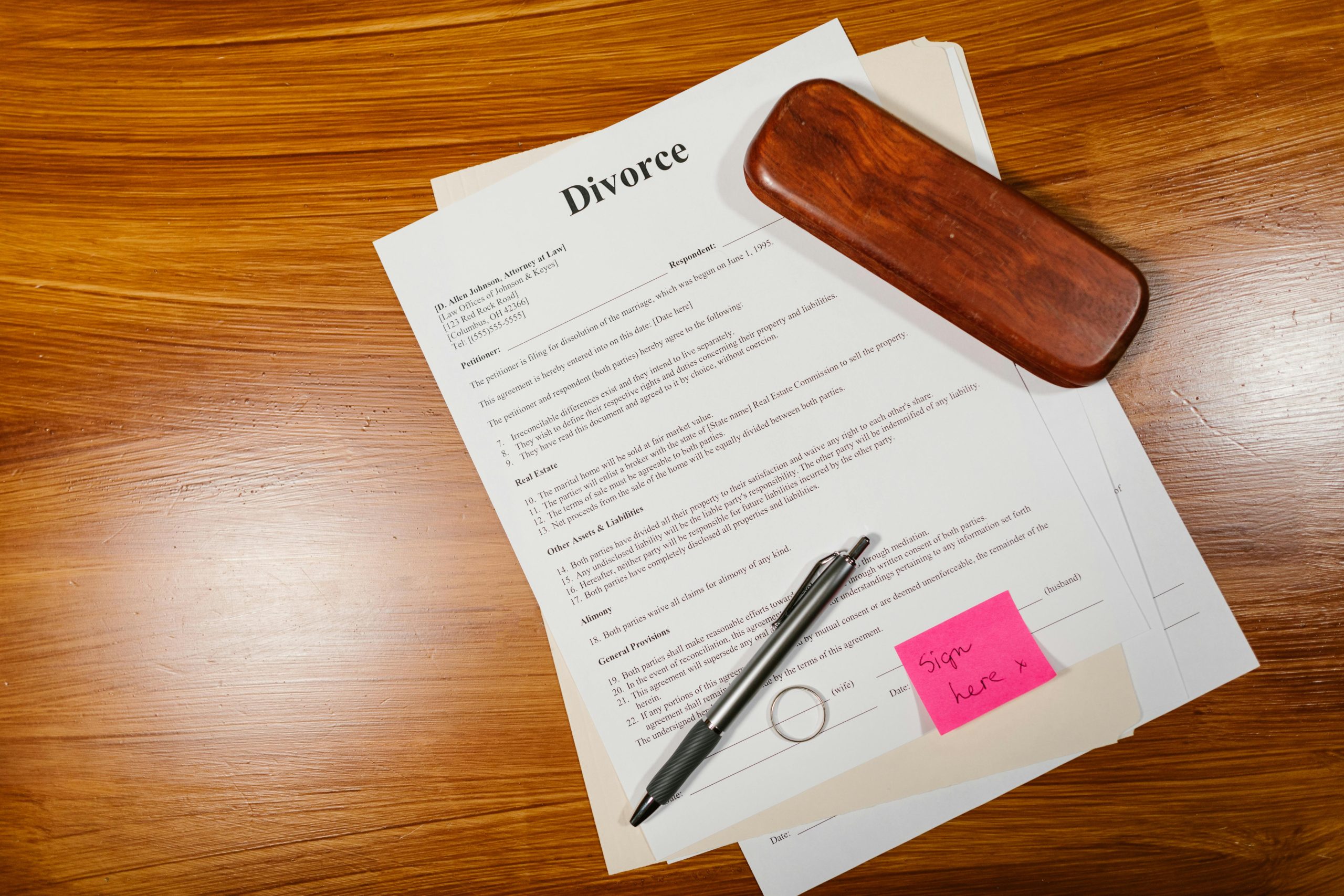Handling Ceiling Leak in Student Apartment: Should You Pursue Reimbursement or Renter’s Insurance?
Living in off-campus housing offers many freedoms, but surprises like ceiling leaks can quickly turn stressful. Recently, a student residing in Atlanta encountered such an issue and faced several questions about responsibility and the best course of action. Here’s a guide based on this experience to help you navigate similar situations professionally and effectively.
The Scenario: Unexpected Water Damage During Severe Storms
While staying in Atlanta for an internship, a student noticed water leaking from the ceiling of their apartment. Due to recent heavy storms, water had accumulated over a container placed underneath, but the problem was underestimated initially by both the tenant and management. Despite immediate notification, the leak worsened, resulting in water damage to personal belongings, including an iPad stored near the desk.
Responding to the Incident: Communication with Management
The tenant promptly informed management about the leak, expecting assistance or compensation for damages. However, management’s response was that there was no obligation to reimburse for personal property damages and suggested pursuing the claim through renter’s insurance, if applicable.
Assessing Your Options: Reimbursement vs. Renter’s Insurance
In these situations, it’s important to understand your rights and best practices:
- Document Everything:
- Take photographs of the leak, water damage, and any affected belongings.
-
Keep records of all communications with management.
-
Review Your Lease and Local Regulations:
- Check your rental agreement to understand what responsibilities the landlord holds concerning property damages and repairs.
-
Familiarize yourself with tenant rights under Georgia law to determine if landlords are obligated to address property damage resulting from leaks.
-
Determine Responsibility and Liability:
- If the leak is due to neglect or failure to maintain the property, the landlord might be liable for damages.
-
If the leak is from an uncontrollable storm, the responsibility becomes less clear but still warrants discussion.
-
Consider Filing a Claim:
- If the damage is significant and your landlord refuses compensation, you may explore filing a claim through your renter’s insurance.
-
Keep in mind that claiming damages through insurance can affect your record and might involve a deductible that outweighs minor damages.
-
Decide on the Best Course of Action:
- For minor damages and personal belongings, it’s often more practical to handle reimbursements directly with your landlord.
- For larger damages or persistent issues, consulting a legal professional or tenant rights



